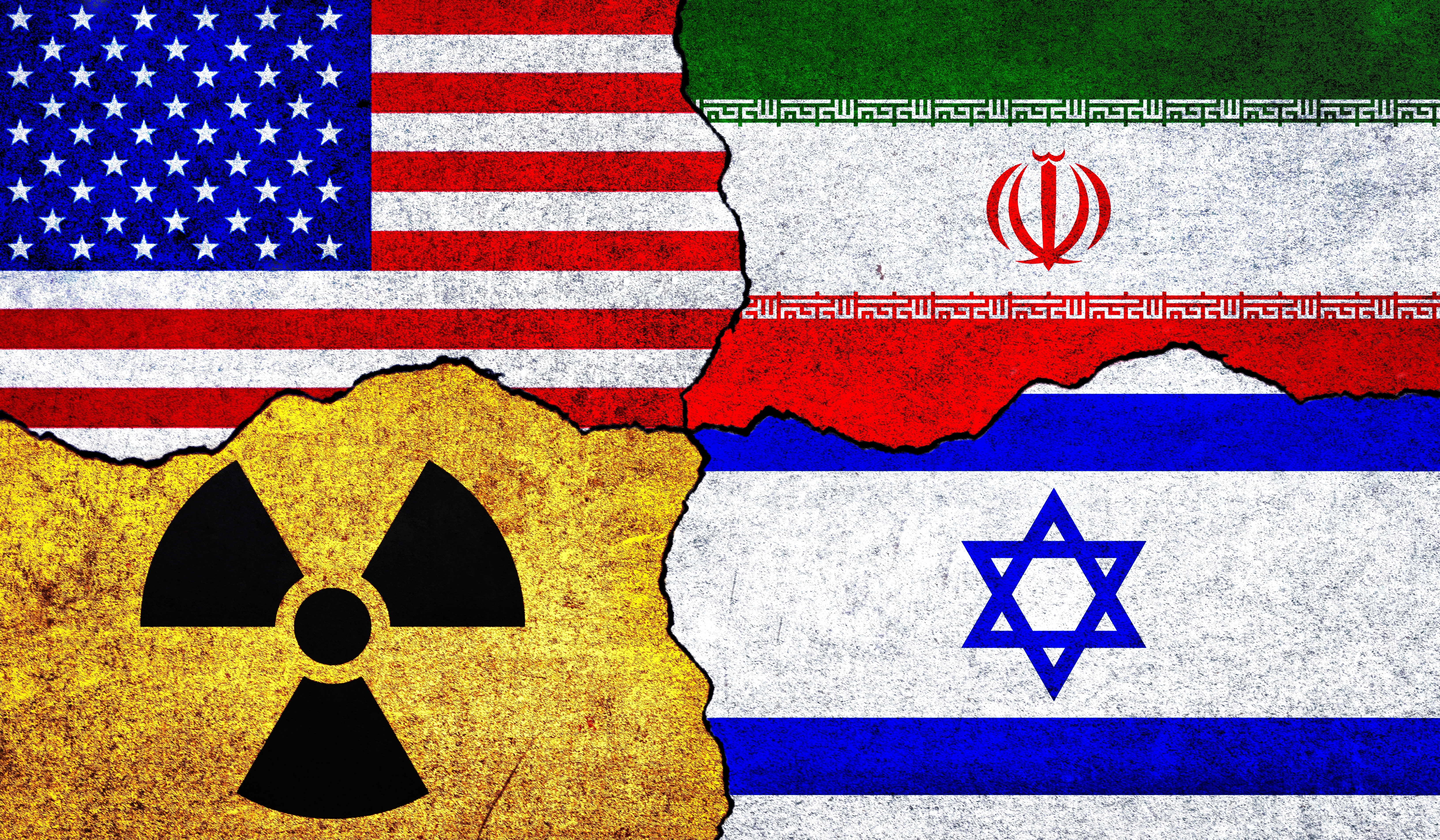Trump is furious as Netanyahu threatens to strike Iran's Nukes
As Trump pushes for a nuclear deal with Iran, Netanyahu’s threats of strikes on Tehran’s nuclear sites spark a tense U.S.-Israel rift, with diplomacy and war hanging in the balance.

As President Donald Trump presses for a landmark nuclear deal with Iran, Israeli Prime Minister Benjamin Netanyahu is intensifying calls for military strikes on Tehran’s nuclear facilities, creating a high-stakes rift that could plunge the Middle East into chaos.
A tense phone call between the two leaders and a series of urgent meetings, between Israeli officials Ron Dermer and Mossad chief David Barnea, and U.S. negotiator Steve Witkoff and CIA Director John Ratcliffe, reflect the growing friction. With Israel preparing to act alone, potentially within hours, Trump’s diplomatic gamble hangs in the balance, threatening a fragile U.S.-Israel alliance.
Trump, speaking on Sunday, hinted at progress within “the next two days,” suggesting a possible joint statement of principles with Iran. Negotiations, mediated by Oman, center on whether Iran can continue enriching uranium or must dilute or export its stockpile of 60% enriched uranium, perilously close to weapons-grade.
Iran’s negotiator, Abbas Araghchi, firmly rejected “zero enrichment” demands on Tuesday, citing Iran’s rights under the Nuclear Nonproliferation Treaty. Witkoff has proposed a creative solution: a regional nuclear fuel venture involving Iran, Saudi Arabia, other Arab states, and U.S. participation, though the location of enrichment remains unresolved.
Israel, excluded from the talks, views Iran’s current vulnerabilities as a fleeting opportunity. In October 2024, Israeli strikes destroyed key elements of Iran’s air defense system, clearing a path for aircraft to reach nuclear sites like Natanz and the mountain-fortified Fordow. Israel’s dismantling of Iran-backed Hezbollah and Hamas has further reduced threats of retaliatory missile attacks, emboldening Netanyahu’s push for action.
He insists that only a deal dismantling “all of Iran’s nuclear infrastructure” is acceptable, warning that Trump’s eagerness for a deal, potentially stronger than the 2015 Obama-era agreement, risks leaving Iran’s enrichment capabilities intact.
Netanyahu’s resolve is backed by concrete preparations. U.S. intelligence detected Israel’s plans for a strike as early as this month, prompting Trump’s intervention in April to delay action. Undeterred, Netanyahu has ordered plans ranging from surgical strikes to days-long bombing campaigns targeting facilities, some in crowded Iranian cities. U.S. military officials question the effectiveness of a unilateral Israeli operation, citing the need for American munitions and refueling support. Yet, some Israeli officials believe a retaliatory Iranian response would force U.S. military involvement, binding Washington to Jerusalem’s strategy.
The urgency is palpable. U.S. intelligence estimates Israel could mobilize for a strike in just seven hours, leaving little time for diplomacy to avert action. Netanyahu’s office dismissed reports of these plans as “fake news,” but his history of opposing negotiations, famously addressing Congress in 2015 to derail the Obama deal, lends weight to his threats.
Recent meetings in Rome on Friday and Washington on Monday and Tuesday demonstrate the frantic efforts to bridge the gap. Meanwhile, Trump’s openness to an interim deal, setting principles for future talks, alarms Israel and U.S. congressional hawks, who demand Iran ship out or dilute its near-bomb-grade fuel to neutralize the immediate threat.
The stakes are immense. Iran’s uranium, enriched to 60% purity, could be converted to weapons-grade in weeks, with a functional bomb possible within months to a year, per U.S. estimates.
Past U.S.-Israel covert operations, including cyberattacks during the Bush and Obama administrations, failed to fully halt Iran’s program, which has advanced since Trump’s 2018 withdrawal from the 2015 deal. As Trump’s deadline nears, the choice between a diplomatic breakthrough and a military escalation will shape the region’s future, with global consequences hanging in the balance.